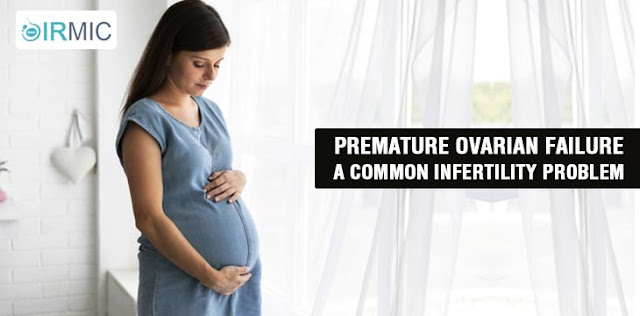Why Not To Follow A Keto Diet For Polycystic Ovary Syndrome?
There are several things one can do from behavioral to nutritional
changes that can alleviate the distress of sugar withdrawal or retreats.
Sadly, for people on a keto PCOS diet though, one of these appears to
be eating a small amount of low GI carbohydrate foods with every meal.
This is something one can introduce during the first month and take it
as a PCOS diet challenge as this stands out as a convenient way to keep
yearnings to a minimum.
Different studies were conducted wherein after disappointing to achieve exact long terms results with the ketogenic diet as well as several others, in three months of choosing the PCOS friendly diet, victims started getting a regular period for the first time in years. By eating a small number of carbs with meals it became easier to completely quit sugar and after five months victims had lost 50 pounds. Results like these show you don’t require to abandon carbs totally to transform your health and fertility.
A big portion of the problem is that the hormone dysregulation that defines PCOS is connected with increased appetite, impaired impulse control, and feelings of body discontent. These physiological effects usually direct you to pamper eating which in turn has been shown to make the PCOS indication worse.
As per researchers, it was deduced that women with PCOS were nearly five times as likely to have some kind of eating disorder – particularly if they also suffer from stress or depression. With disordered eating being such a frequent feature within the PCOS population, discussing the relationship with food is likely to be even more valuable than just reading about nutrition.
Following A Ketogenic Diet
When one follows a ketogenic diet, the individual also misses out on some worthy nutritional assistance. This indicates that not only is it more challenging to resist the appeal of that loud-mouth vending device that keeps requesting your name, but it also puts the sticks when you ultimately crave to your natural urges. One trace laughs later and not only are you incredible to be satisfied, but you can also say goodbye to your ketogenic metabolism.Following Standard Recommended Keto Diet For PCOS Victim
Keto and PCOS diets manage carbs slightly separately, but this difference matters. Unlike the 25 g/day limit of the ketogenic diet, striving for around 50 – 200 g/day of carbs is the winning spot we recommend for women with PCOS that completes the diet and lifestyle programs. This omits loads of room for 1-2 servings of fruit as well as a small portion of gluten-free grains, legumes, or starchy vegetables with every feast. This gives us the hormone balancing and weight loss benefits of the ketogenic diet, but it’s much easier and more sustainable long term.Different studies were conducted wherein after disappointing to achieve exact long terms results with the ketogenic diet as well as several others, in three months of choosing the PCOS friendly diet, victims started getting a regular period for the first time in years. By eating a small number of carbs with meals it became easier to completely quit sugar and after five months victims had lost 50 pounds. Results like these show you don’t require to abandon carbs totally to transform your health and fertility.
The Habit Of Disordered Eating
The relationship between PCOS and disordered eating is well established in the scientific literature. This is a problem seen in many women fighting with PCOS and seems to be particularly prevalent amongst frequently failed fasters.A big portion of the problem is that the hormone dysregulation that defines PCOS is connected with increased appetite, impaired impulse control, and feelings of body discontent. These physiological effects usually direct you to pamper eating which in turn has been shown to make the PCOS indication worse.
As per researchers, it was deduced that women with PCOS were nearly five times as likely to have some kind of eating disorder – particularly if they also suffer from stress or depression. With disordered eating being such a frequent feature within the PCOS population, discussing the relationship with food is likely to be even more valuable than just reading about nutrition.




Comments
Post a Comment